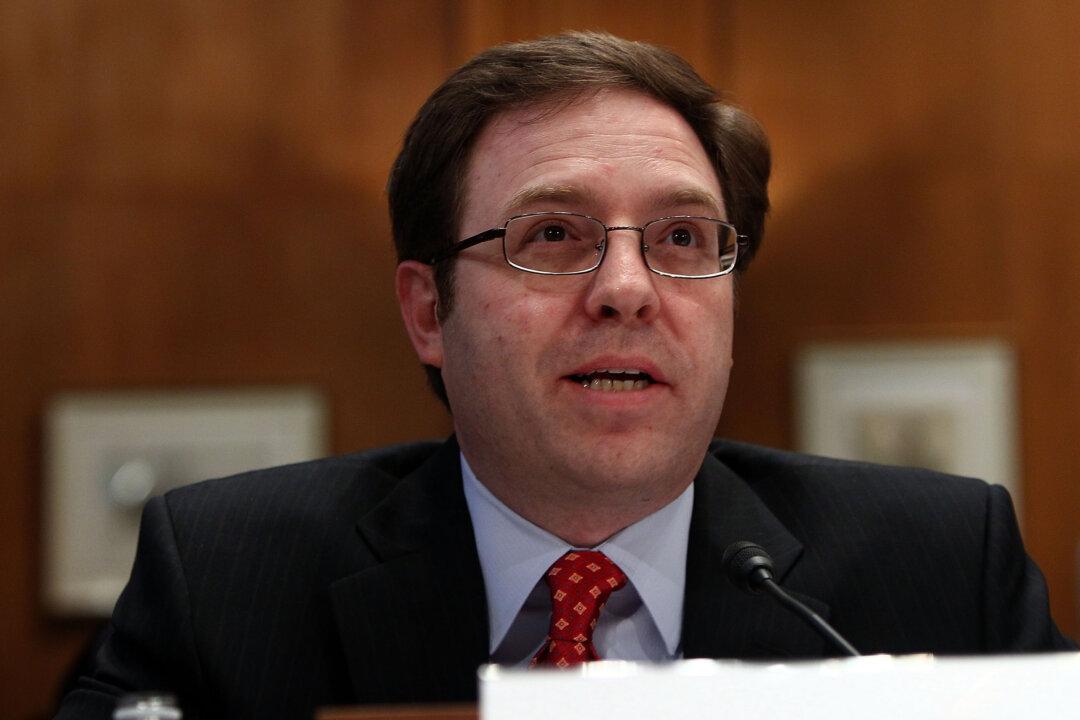The Biden administration is soliciting public input on measures to regulate artificial intelligence tools such as ChatGPT as questions mount about the fast-moving technology’s impact on national security and education.
The National Telecommunications and Information Administration (NTIA), a Commerce Department agency that advises the White House on telecommunications and information policy, said it will spend the next 60 days examining options such as audits, risk assessments, and a potential certification process to ease public anxiety around the AI models.





